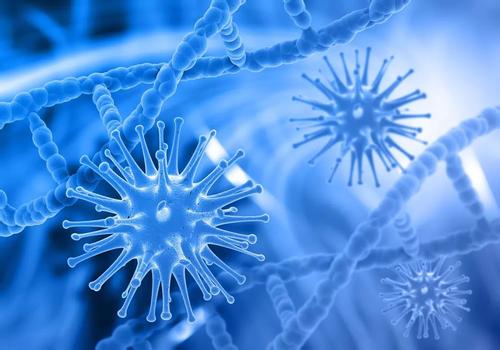(单词翻译:单击)
Any HIV the mosquito sucks up on its travels is dissolved by the mosquito's own metabolism. When the day comes that the virus mutates its way around this, we may be in real trouble.
蚊子在叮咬过程中吸入的人体免疫缺陷病毒被蚊子自身的代谢作用分解了。如果哪一天那种病毒设法战胜了这一点,我们可真的要遭殃了。
It is a mistake, however, to consider the matter too carefully from the position of logic because microorganisms clearly are not calculating entities. They don't care what they do to you any more than you care what distress you cause when you slaughter them by the millions with a soapy shower or a swipe of deodorant. The only time your continuing well-being is of consequence to a pathogen is when it kills you too well.
然而,要是从逻辑的角度把事情想得过于细致入微,那是错误的,因为微生物显然不是很有心计的实体。它们不在乎自己对你干了些什么,就像你不在乎你用肥皂淋个浴或擦一遍除臭剂杀掉了几百万个微生物会对它们造成了什么样的痛苦一样。对病原菌来说,在它把你彻底干掉的时候,顾及它自己的继续安康也是很重要的。
If they eliminate you before they can move on, then they may well die out themselves. This in fact sometimes happens. History, Jared Diamond notes, is full of diseases that "once caused terrifying epidemics and then disappeared as mysteriously as they had come." He cites the robust but mercifully transient English sweating sickness, which raged from 1485 to 1552, killing tens of thousands as it went, before burning itself out. Too much efficiency is not a good thing for any infectious organism.
要是它们在消灭你之前没能转移到另一个寄主,它们很可能自己会死掉。贾里德·戴蒙德指出,历史上有许许多多疾病,这些疾病“一度可怕地到处传播,然后又像神秘地出现那样神秘地消失了”。他举了厉害而幸亏短暂的汗热病,那种病在1485-1552年间流行于英国,致使成千上万人丧了命,然后也烧死了病菌自己。对于任何传染病菌来说,效率太高不是一件好事情。
A great deal of sickness arises not because of what the organism has done to you but what your body is trying to do to the organism. In its quest to rid the body of pathogens, the immune system sometimes destroys cells or damages critical tissues, so often when you are unwell what you are feeling is not the pathogens but your own immune responses.
大量的疾病不是因为微生物对你的作用而引起,却是因为你的身体想要对微生物产生作用而引起的。为了使你的身体摆脱病原菌,你的免疫系统有时候摧毁了细胞,或破坏了重要的组织。因此,当你身体不舒服的时候,你感觉到的往往不是病原菌,而是你自己的免疫系统产生的反应。


